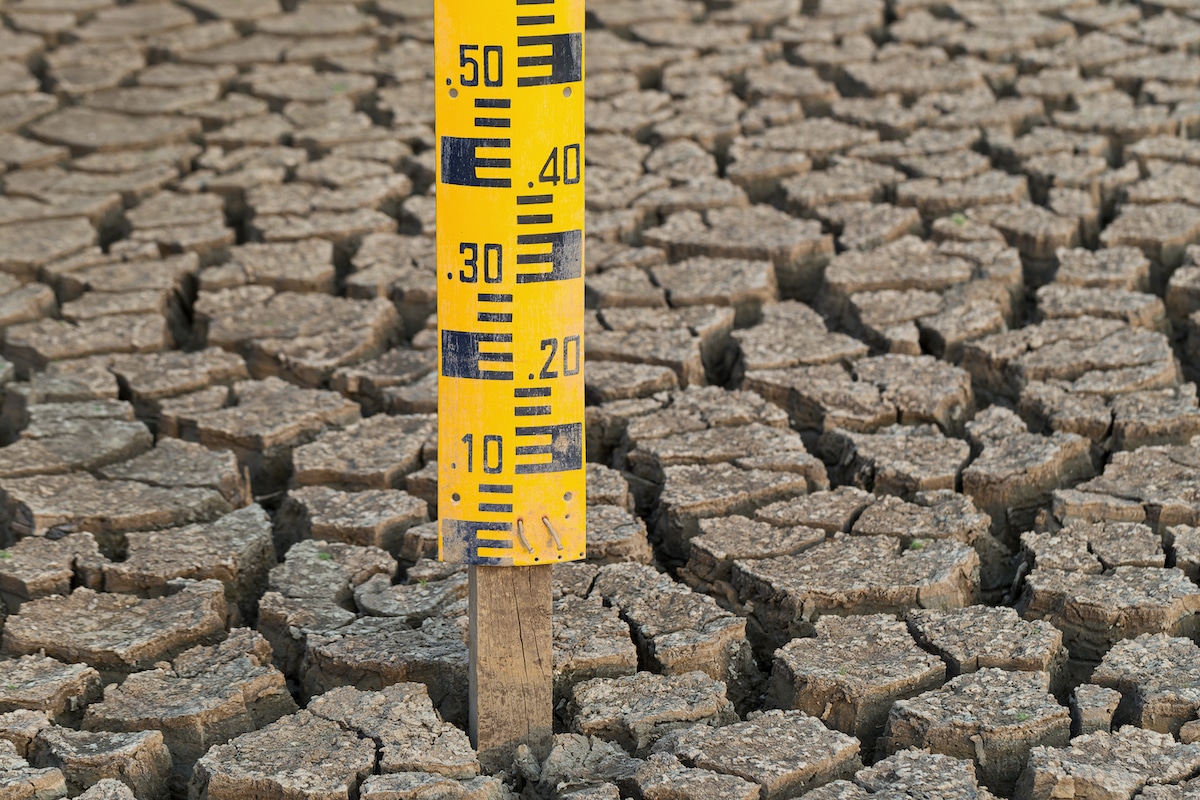Water scarcity is no longer a distant concern but a pressing issue that is reshaping economies around the world. Here are 20 ways scarce water resources are influencing economic landscapes globally.
1. Agricultural Shifts

Water scarcity is forcing farmers to switch to less water-intensive crops. In California, almond and rice farmers are moving towards more drought-resistant options like olives and pistachios.
2. Increased Cost of Living

As water becomes scarcer, the cost of living rises. In places like Cape Town, South Africa, water tariffs have increased, impacting household budgets.
3. Industrial Changes

Industries reliant on heavy water use, like textiles and beverages, are facing higher operational costs and are being pushed to innovate. PepsiCo, for instance, is investing in water-efficient technologies to maintain production.
4. Investment in Desalination

Desalination plants are becoming more common in water-scarce regions. Saudi Arabia, for example, relies heavily on desalination to meet its water needs, creating a booming industry.
5. Real Estate Valuation

Properties with sustainable water sources are increasing in value. In Australia, homes with rainwater harvesting systems are fetching higher prices.
6. Water Rights Trading

Water rights are now a commodity. In the western United States, water rights are traded on markets, with prices varying based on scarcity and demand.
7. Impact on Tourism

Destinations facing water shortages are seeing a decline in tourism. The Maldives, heavily dependent on freshwater for its resorts, is investing in desalination and water conservation to stay viable.
8. Innovation in Water Technologies

Scarcity drives innovation. Companies like Xylem are developing advanced water reuse and recycling technologies, turning waste water into a valuable resource.
9. Corporate Water Stewardship

Corporations are taking active roles in water conservation. Coca-Cola aims to replenish all the water it uses in its beverages back to communities and nature by 2030.
10. Hydropower Limitations

Countries relying on hydropower are facing energy challenges. In Zambia and Zimbabwe, droughts have reduced water levels in the Kariba Dam, leading to power shortages.
11. Municipal Water Restrictions

Cities are implementing stringent water use regulations. Las Vegas has strict rules on lawn watering and car washing to conserve water.
12. Impact on Food Prices

Water scarcity is driving up food prices globally. In India, water shortages have led to reduced crop yields, increasing the cost of staple foods like rice and wheat.
13. Increased Migration

Scarcity is driving people from rural to urban areas in search of reliable water sources. In Iran, water shortages have prompted migrations, impacting urban infrastructure.
14. Bottled Water Industry Growth

The bottled water industry is booming. In places with unreliable tap water, like Flint, Michigan, bottled water has become a primary water source, driving market growth.
15. Government Policy Shifts

Governments are enacting policies focused on water conservation and management. Israel has implemented nationwide drip irrigation systems to optimize water use in agriculture.
16. Rise of Water-Smart Appliances

Consumers are opting for water-efficient appliances. Sales of products like low-flow toilets and water-saving dishwashers are increasing in response to water conservation efforts.
17. Conflict and Cooperation

Water scarcity can lead to both conflict and cooperation between countries. The Nile Basin countries are negotiating water usage agreements to avoid conflicts over the Nile’s resources.
18. Public Health Concerns

Water scarcity is exacerbating public health issues. In Yemen, the lack of clean water has led to a cholera outbreak, highlighting the critical link between water and health.
19. Revaluation of Water-Intensive Industries

Water-intensive industries like mining are being re-evaluated. In Chile, copper mines are investing in desalination plants to secure their water supply.
20. Eco-Friendly Innovations

Scarcity is driving eco-friendly innovations. Companies like Watergen are developing machines that extract water from air, providing new solutions for water-scarce regions.
Navigating the New Water Economy

Water scarcity is reshaping economies in profound ways, from agricultural practices to industrial operations and real estate values. As water becomes an increasingly precious commodity, innovation and sustainable practices will be key to navigating this new economic landscape. How will you adapt to the changing tides of water availability?
Remote No More: 19 Companies Returning to the Office

As the pandemic wanes, companies are recalling remote workers back to the office, sparking debates on fairness, costs, and convenience. However, there are also notable productivity, coworking, and mental health benefits to consider. Feeling the effects of these changes? Remote No More: 19 Companies Returning to the Office
8 Costco Must Buys and 8 to Leave Behind

Ever wandered Costco’s aisles, questioning if that giant jar of pickles is a real bargain? Or debated buying tires where you get your rotisserie chicken? Welcome to the definitive guide to Costco shopping—a journey to save money, prevent regrets, and offer quirky insights into bulk buying. 8 Costco Must Buys and 8 to Leave Behind
23 Reasons Texas Is the Next Big Thing

Texas is becoming a beacon of opportunity, blending cultural heritage with economic growth. From its landscapes to its industries, the Lone Star State offers a dynamic lifestyle. Here are 23 reasons why Texas stands out, attracting entrepreneurs, artists, tech professionals, and families seeking new beginnings. 23 Reasons Texas Is the Next Big Thing
The post Parched Planet: How Water Scarcity Is Crippling Our Global Economy first appeared on Liberty & Wealth.
Featured Image Credit: Shutterstock / voronaman.
The content of this article is for informational purposes only and does not constitute or replace professional financial advice.
For transparency, this content was partly developed with AI assistance and carefully curated by an experienced editor to be informative and ensure accuracy.

